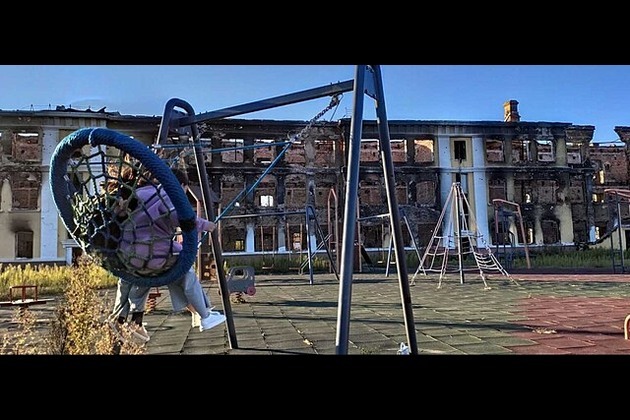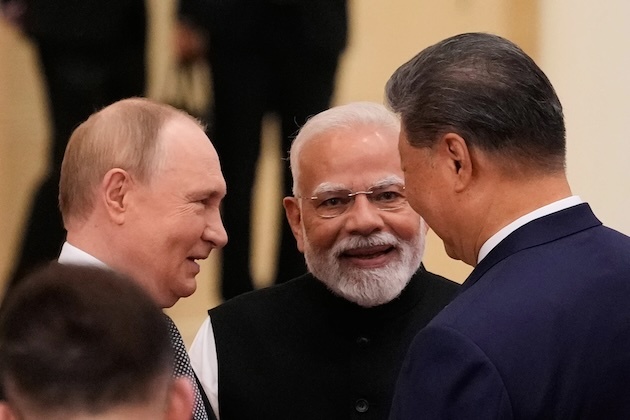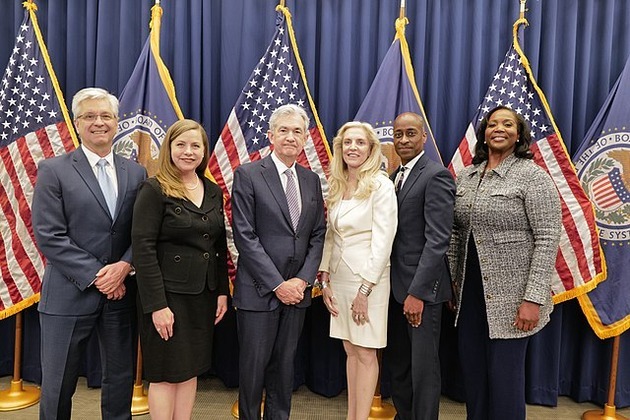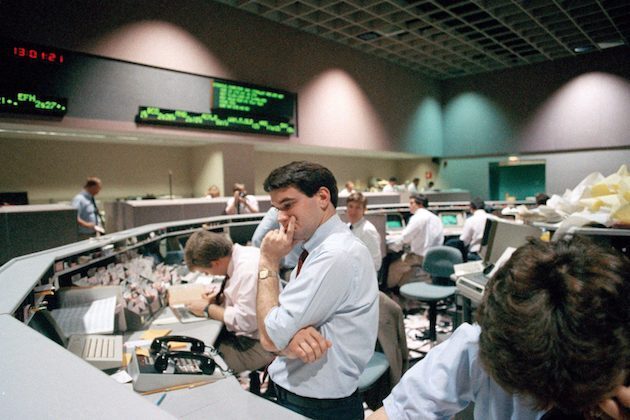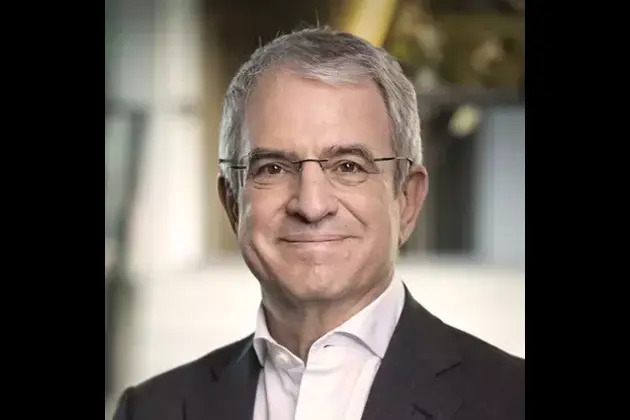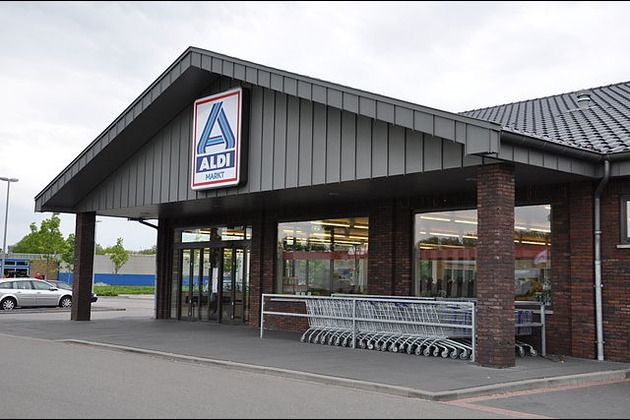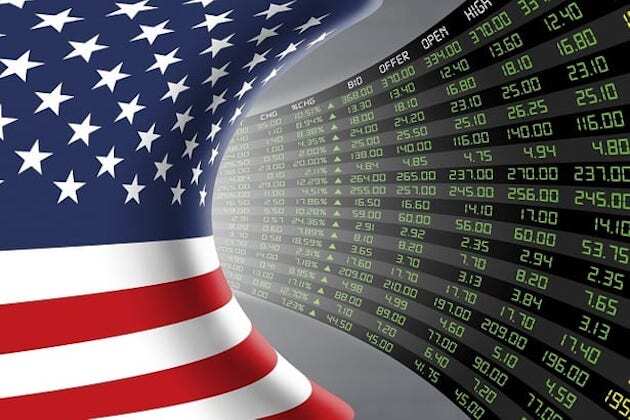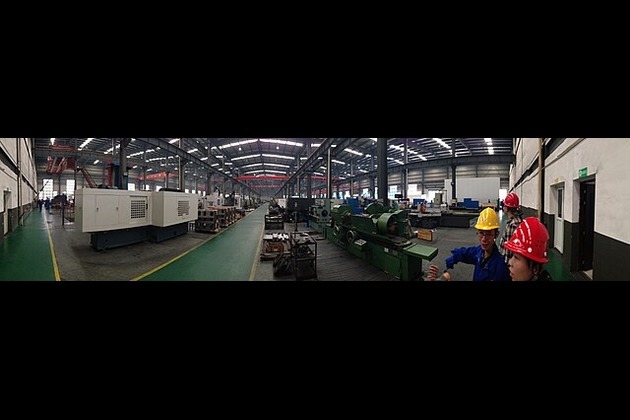U.S. drug tariffs could disrupt generics, raise costs for consumers
Anabelle Colaco
06 Sep 2025, 04:06 GMT+10
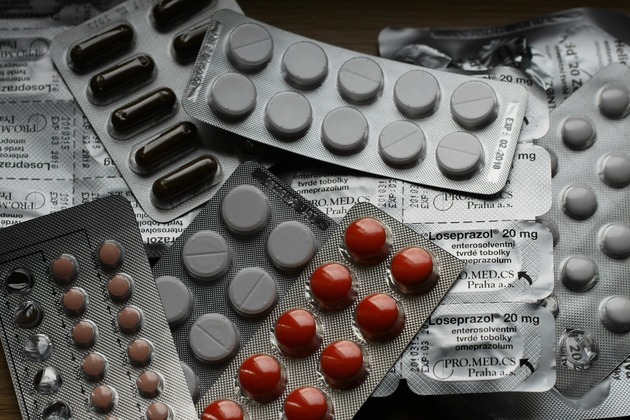
- President Donald Trump is preparing to extend his aggressive tariff strategy to the pharmaceutical industry, setting the stage for potential disruptions in drug supplies and higher costs for American patients
- For decades, most imported medicines have been duty-free in the United States
- However, under a new trade deal with Europe, some drugs will face a 15 percent tariff, and Trump has threatened to impose duties of up to 200 percent on pharmaceuticals made elsewhere
WASHINGTON, D.C.: President Donald Trump is preparing to extend his aggressive tariff strategy to the pharmaceutical industry, setting the stage for potential disruptions in drug supplies and higher costs for American patients.
For decades, most imported medicines have been duty-free in the United States. However, under a new trade deal with Europe, some drugs will face a 15 percent tariff, and Trump has threatened to impose duties of up to 200 percent on pharmaceuticals made elsewhere.
"Shock and awe'' is how Maytee Pereira of PwC described the potential impact on drugmakers. "This is an industry that's going from zero (tariffs) to the potential of 200 percent."
The White House insists the plan is part of a broader effort to reduce reliance on foreign supply chains and bring manufacturing back to the U.S. However, health economists warn that the policy could raise prescription drug prices, squeeze generic manufacturers out of the market, and create dangerous shortages.
"A tariff would hurt consumers most of all, as they would feel the inflationary effect ... directly when paying for prescriptions at the pharmacy and indirectly through higher insurance premiums," said Diederik Stadig, a healthcare economist at ING. He added that lower-income households and older Americans would feel the sharpest impact.
Trump has promised to delay the new tariffs for up to 18 months, giving drugmakers time to stockpile supplies and possibly shift production to U.S. facilities. Analysts say many companies already have six to 18 months of inventory in place.
Some observers believe Trump will ultimately settle for lower duties, closer to 25 percent, though even that would push prices higher. Stadig estimates a 25 percent levy could raise drug costs by 10 percent to 14 percent once stockpiles are exhausted.
Drugmakers have been steadily moving production overseas for decades, taking advantage of lower costs in countries like China and India. That dependence became especially clear during the COVID-19 pandemic, when global shortages exposed the risks of foreign reliance.
Trump's plan aims to reverse that trend. Roche, Johnson & Johnson, and other companies have announced tens of billions of dollars in new U.S. investments, though building new factories can take years. Even then, most drugs still rely on imported ingredients: nearly all antibiotics and antivirals contain at least one component manufactured abroad.
While large brand-name companies may absorb costs, generic drugmakers face tougher choices. Some could pull out of the U.S. market, threatening the supply of the low-cost medications that account for over 90 percent of American prescriptions.
"In an ideal world, we would be making everything that's important only in the U.S.," said Marta Wosińska of the Brookings Institution. "But it costs a lot of money ... If we want to reverse this, we would really have to redesign our system. How much are we willing to spend?"
 Share
Share
 Tweet
Tweet
 Share
Share
 Flip
Flip
 Email
Email
Watch latest videos
Subscribe and Follow
Get a daily dose of Africa Leader news through our daily email, its complimentary and keeps you fully up to date with world and business news as well.
News RELEASES
Publish news of your business, community or sports group, personnel appointments, major event and more by submitting a news release to Africa Leader.
More InformationInternational
SectionUkraine opens subterranean schools to shield kids from attacks
KHARKIV, Ukraine: For thousands of children in Kharkiv, the first day of school meant not just new books and teachers, but a descent...
Trump-backed crypto $WLFI falls on first day, sparks conflict debate
NEW YORK CITY, New York: Donald Trump's latest venture into digital finance stumbled out of the gate, with the Trump-backed World Liberty...
Powerful quake in Afghan villages near Pakistan border leaves 2,205 dead
KABUL, Afghanistan: The strong earthquake that hit eastern Afghanistan near the border with Pakistan late last week, wiping out villages...
Xi urges use of ‘mega-scale market’ to build fairer global system
TIANJIN, China: Chinese President Xi Jinping has used China's major regional summit \to call on leaders to make better use of their...
Fed independence under fire as move to oust governor sparks alarm
WASHINGTON, D.C.: The independence of the U.S. Federal Reserve, long seen as a bedrock of economic stability, is facing its sharpest...
Haitian experts warn UN security plan lacks clarity
PORT-AU-PRINCE, Haiti: The United Nations Security Council has started discussions on a new draft resolution for Haiti, aimed at strengthening...
Business
SectionU.S. stocks end in negative territory after jobs report
NEW YORK, New York - U.S. stocks ended the week on a cautious note Friday, with major indices sliding modestly as investors digested...
U.S. drug tariffs could disrupt generics, raise costs for consumers
WASHINGTON, D.C.: President Donald Trump is preparing to extend his aggressive tariff strategy to the pharmaceutical industry, setting...
Nestlé fires CEO Freixe after probe confirms relationship with staffer
ZURICH, Switzerland: Nestlé has ousted Chief Executive Laurent Freixe after determining he failed to disclose a romantic relationship...
Australian watchdog takes ALDI suppliers to court over collusion
CANBERRA, Australia: Australia's competition watchdog has taken four fresh produce suppliers and three executives to court, accusing...
U.S., stock markets make broad gains Thursday
NEW YORK, New York - U.S. stock markets closed sharply higher on Thursday, with the Nasdaq Composite leading the charge as investor...
Asian factory activity shrinks as US tariffs bite, China bucks trend
TOKYO, Japan: Factory activity across much of Asia remained under pressure in August as U.S. tariffs hit exports, private surveys showed,...

